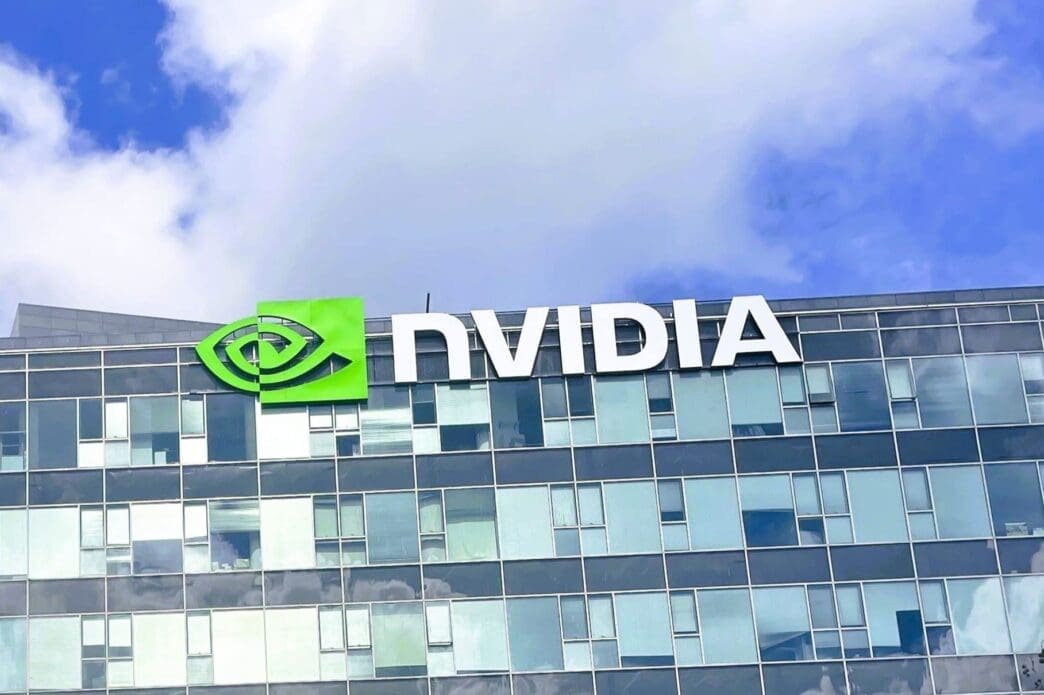Shares in computer chip manufacturers experienced a decline in after-hours trading and across Asian markets following Nvidia’s announcement that new U.S. government export controls on chips used for artificial intelligence could cost the company an additional $5.5 billion. On Monday, Nvidia revealed plans to produce its AI supercomputers domestically for the first time. However, the company has been informed that its H20 integrated circuits and similar products will be subject to ongoing governmental controls due to concerns they might be utilized in or redirected to Chinese supercomputers.
Nvidia’s stock plunged by 6.3% in after-hours trading, while competitor AMD saw a 7.1% decrease post-market. The news also impacted Asian tech giants, with shares of equipment manufacturer Advantest dropping 6.7% in Tokyo, Disco Corp. falling 7.6%, and Taiwan’s TSMC experiencing a 2.4% decrease. Previously, there were reports suggesting that the Trump administration had reconsidered imposing stricter licensing requirements on the H20 chip, but Commerce Department officials were unavailable for further comment.
On Monday, Nvidia also announced it has secured over one million square feet of manufacturing space in Arizona to develop its specialized Blackwell chips and in Texas for AI supercomputers. This initiative is part of a significant investment that aims to generate up to half a trillion dollars in AI infrastructure over the next four years. The announcement followed statements by President Donald Trump and other officials that tariff exemptions on electronics such as smartphones and laptops are temporary measures until a new tariff strategy specific to the semiconductor industry is formulated. Trump has hailed this as a success in his drive to expand domestic manufacturing.
The Evolving Landscape
The recent developments in the semiconductor industry, particularly involving Nvidia and its competitors, underscore significant implications for various stakeholders, including consumers, businesses, and the broader global market. Enhanced U.S. government controls on chip exports are likely to influence supply chains, potentially leading to adjustments in product pricing and availability. Consumers may see these changes reflected in the cost of electronics and AI-driven technologies, which could impact their purchasing decisions and technology usage.
For the semiconductor industry, these controls may necessitate strategic shifts, such as increased domestic manufacturing capabilities and investments in alternative markets to mitigate the impact of reduced access to the Chinese market. These changes could stimulate regional economic growth and job creation in areas like Arizona and Texas, where Nvidia is expanding its manufacturing operations. However, they also highlight potential tensions between the need for national security and the desire for open international trade, which could have longer-term implications for global market dynamics.







